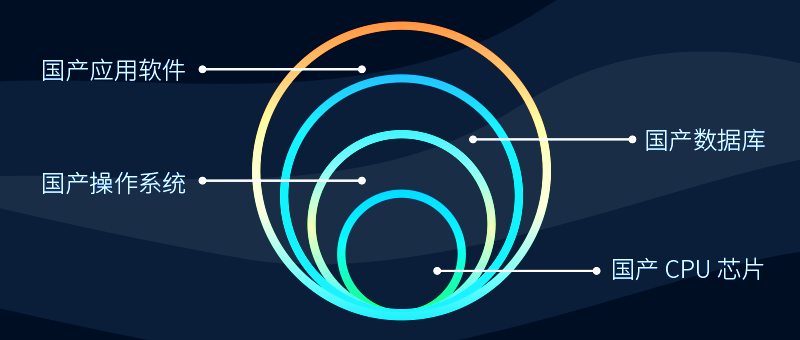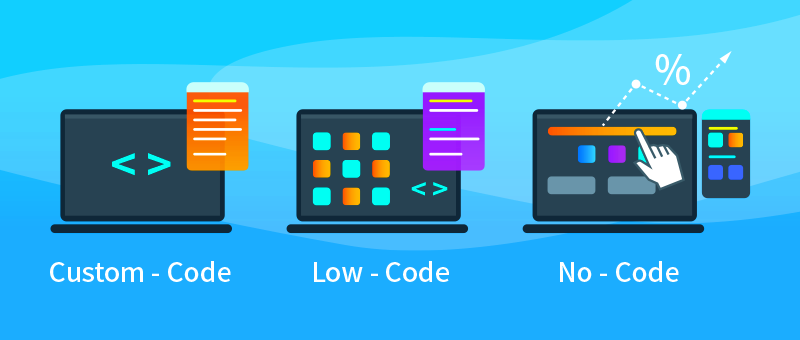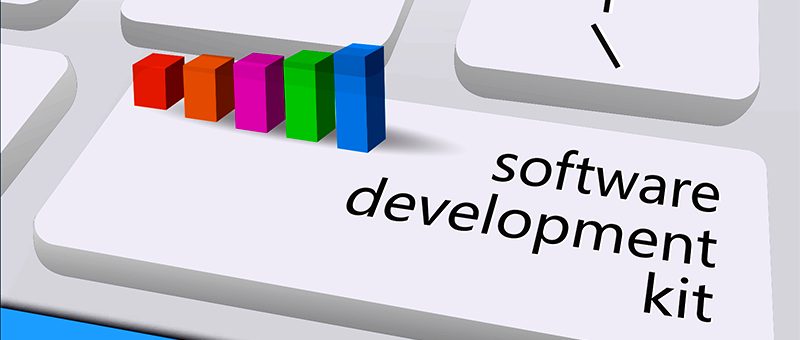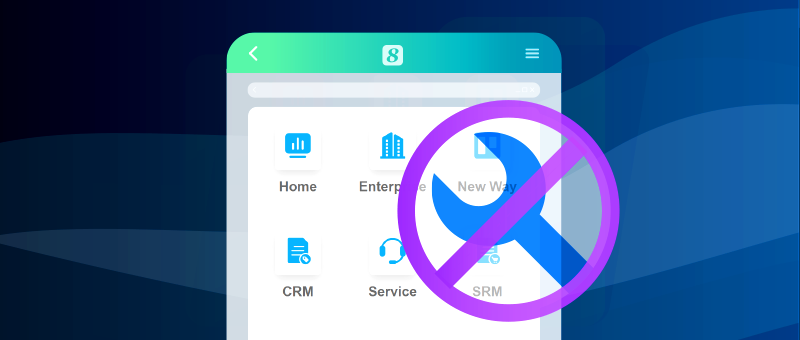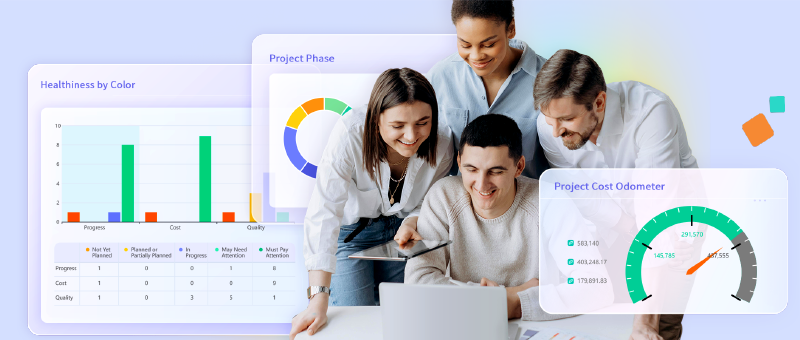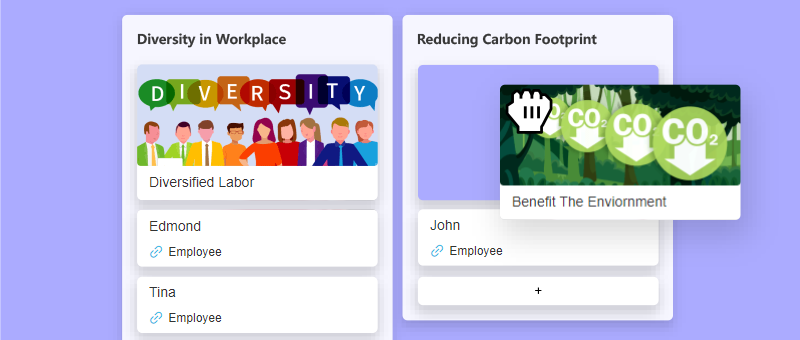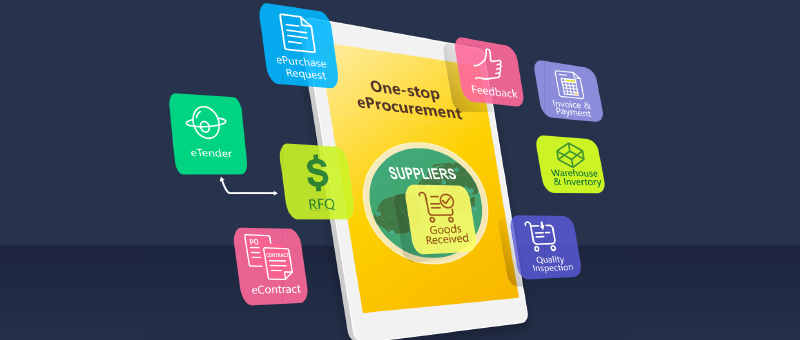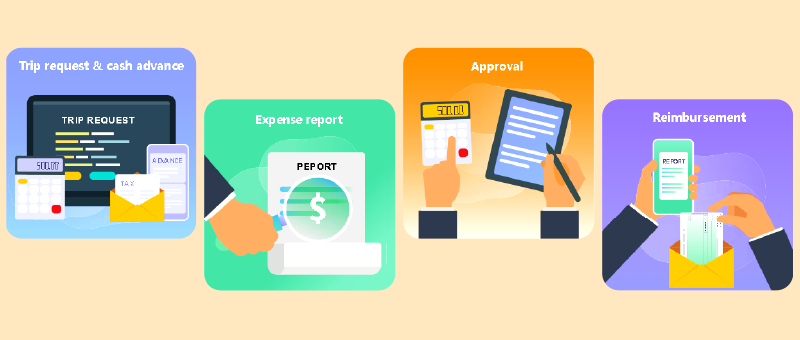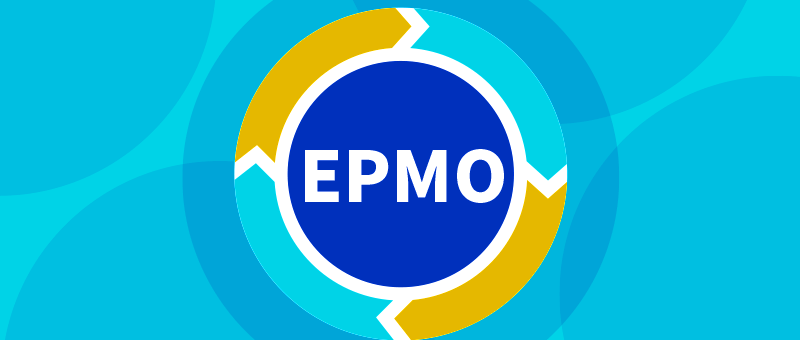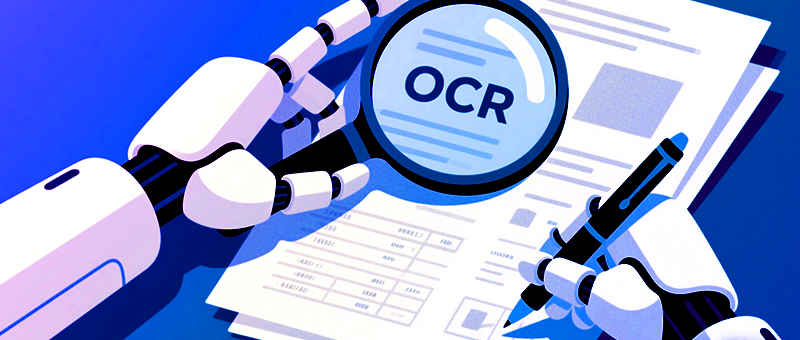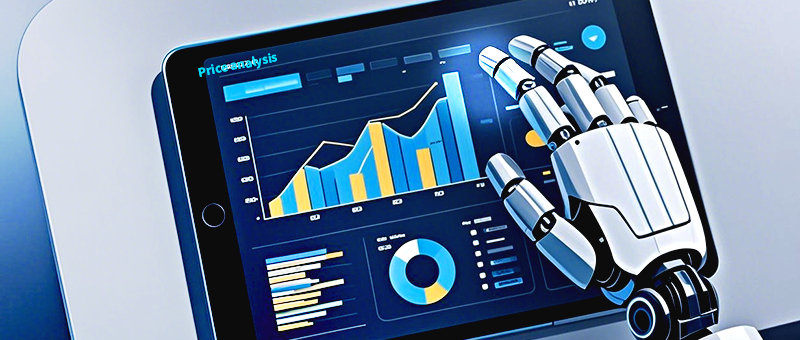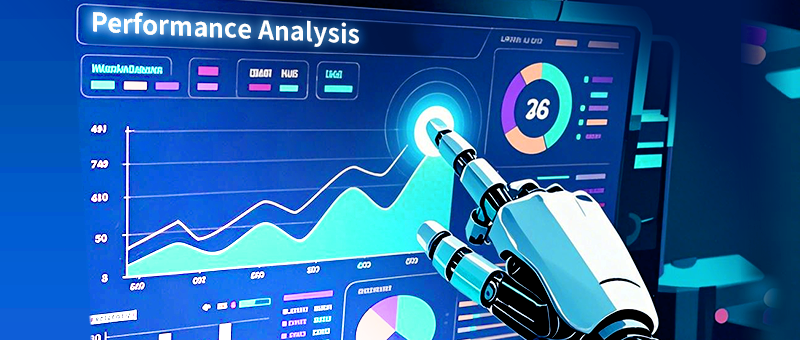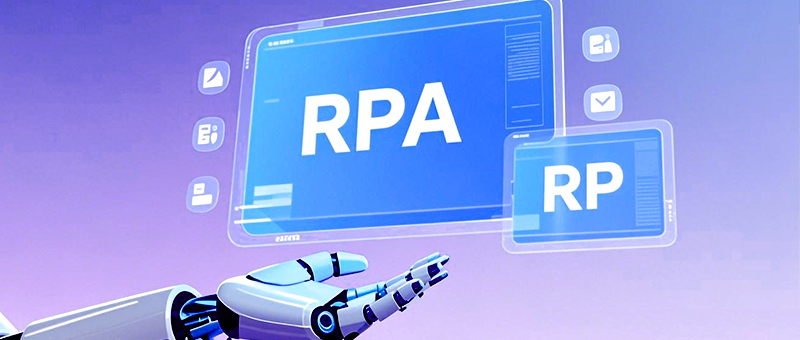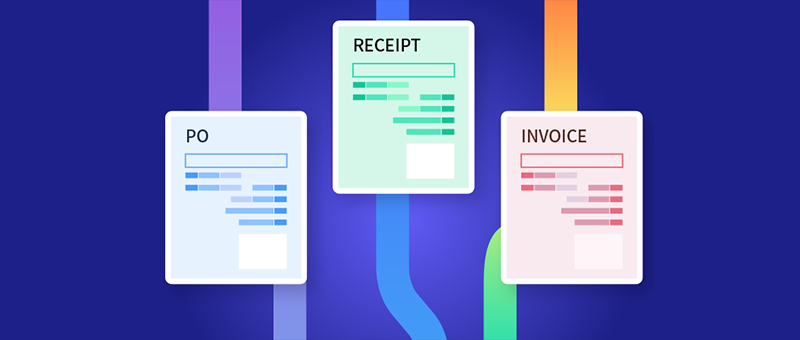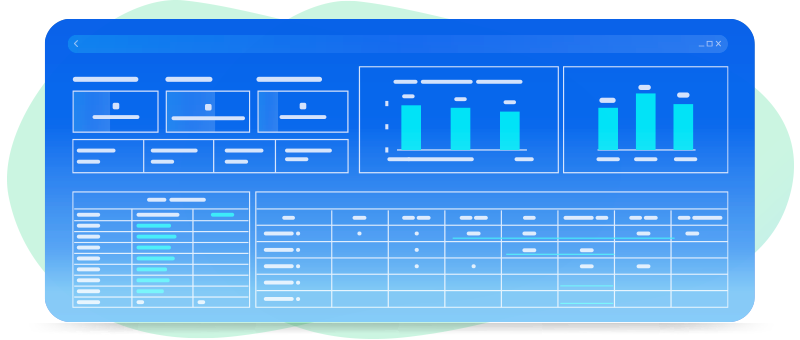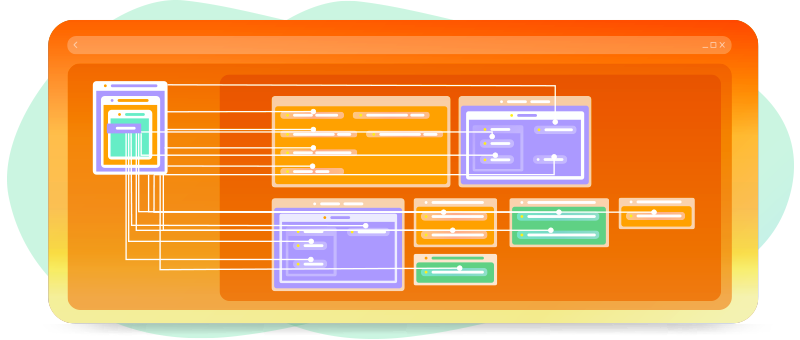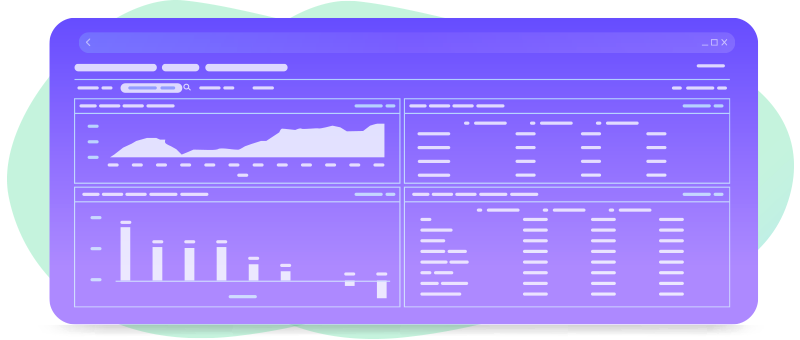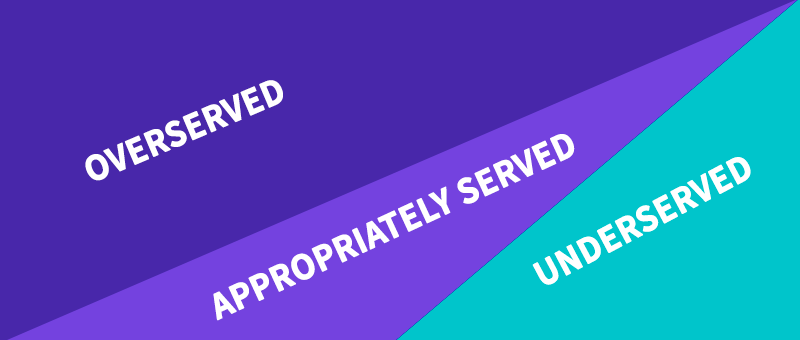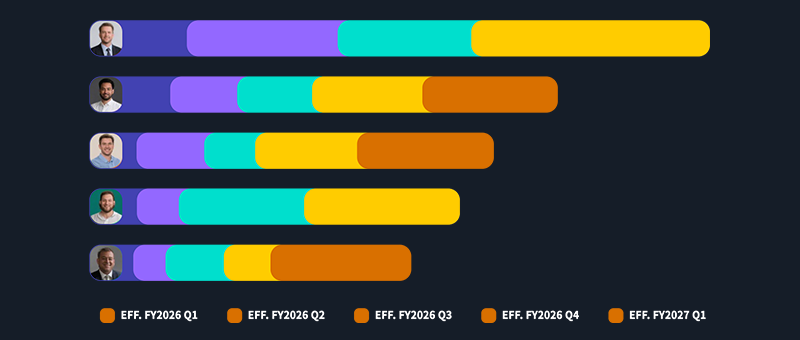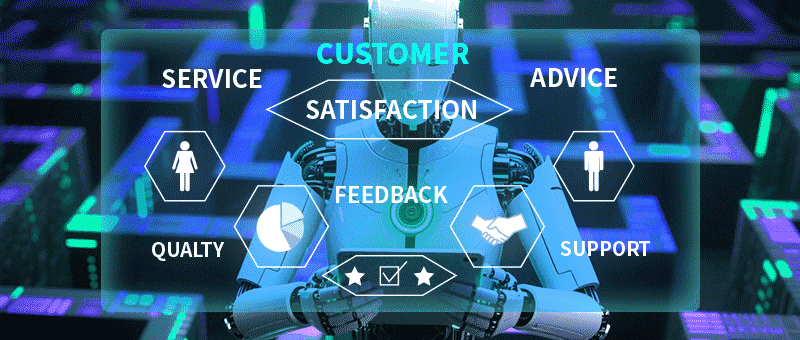Scientific project management: 4 top tools and efficiency tips
2025-05-14
Generally speaking, scientific research projects often involve complex tasks, cross-departmental collaboration, and strict time and budget constraints. Traditional management methods, such as spreadsheets or email communication, are difficult to cope with the needs of multi-tasking and complex resource allocation. With the help of modern project management tools, researchers can optimize workflows, improve team collaboration efficiency, and ensure that projects proceed as planned. This article will explore how project management tools can help scientific research work, and recommend four management software suitable for R&D projects to help you get twice the result with half the effort on the road of scientific research.

Why project management tools are helpful for researchers
For researchers, the heavy research tasks are often overwhelming: they have to advance research projects, apply for research funding, and prepare other work such as teaching guidance . Various tasks, deadlines, and schedules often make it difficult to keep track of them. Professional project management tools can help you:
1. Task management: clear decomposition and tracking
Scientific research projects usually include multiple subtasks, such as literature research, experimental design, data analysis, and paper writing. Project management tools use the work breakdown structure (WBS) to break down complex tasks into manageable units, assign responsible persons and deadlines. For example, a Gantt chart can intuitively display the start and end times and dependencies of tasks, helping researchers quickly identify bottlenecks and ensure that project progress does not deviate from track.
2. Time Tracking: Optimizing Resource Utilization
Time is one of the most valuable resources in scientific research. Project management tools have built-in time tracking functions that can record the time spent by team members on various tasks and help managers evaluate work efficiency. For example, 8Manage PM time tracking module can update working time data in real time and link it to the budget to prevent overspending. This not only helps to optimize time allocation, but also provides data reference for future projects.
3. Teamwork and communication: breaking down information silos
Scientific research projects often require interdisciplinary teamwork and involve multiple stakeholders both inside and outside the school. Project management tools provide a centralized communication platform to ensure information transparency. For example, real-time dashboards can show project progress, and team members can discuss issues instantly through the comment function to avoid the inefficiency of email exchanges. In addition, the tool supports file sharing and version control to ensure the accuracy of experimental data or reports.
4. Risk management: Prepare for challenges ahead of time
Scientific research projects are full of uncertainties, such as experimental failure or equipment failure. Excellent project management tools can help identify potential risks and develop countermeasures. For example, the risk register function can record possible problems and their impacts, remind the team to prepare in advance, and reduce project delays.
5. Real-time reporting: project overview at any time
In project management, reports not only show the overall status of the project, but also the progress of different tasks and other aspects related to the project. Reports can help you monitor the progress of work, evaluate performance, and always have an overview of the project.
4 common R&D project management tools
8Manage PM: Comprehensive scientific research project management solution
Developed by WisageTech, 8Manage PM is a research and development project management tool designed for complex projects, especially for scientific research projects. Its core advantages lie in real-time data linkage and modular design, covering functions such as demand management, resource allocation, time tracking, cost control and quality management.
The research team can quickly plan the experimental cycle through its timeline view, and the resource load chart helps managers balance the teams workload and avoid over-allocation. 8Manage PMs communication workflow ensures that team members and stakeholders are synchronized in real time to reduce misunderstandings.
In addition, its risk management function can automatically detect systemic risks and generate reports to help teams deal with experimental or equipment problems in advance. 8Manage PM provides training support, and its intuitive interface and customization functions can greatly improve scientific research efficiency.
Jira: Flexible task and defect management
Jira was developed by Atlassian and was originally designed for software development, but its flexibility makes it widely used in scientific research project management. Jiras Kanban and Scrum boards are suitable for managing experimental tasks, and researchers can adjust task priorities through drag-and-drop functions.
Its defect management function is particularly suitable for tracking problems in experiments, such as data deviation or equipment failure. Jira supports integration with tools such as Confluence to facilitate document management and knowledge sharing. In addition, its time tracking function can record the time spent on experiments and help teams optimize resource allocation.
Although Jira has strong customization capabilities, the subscription cost of advanced features may be high for small research teams, and the initial configuration takes some time. Overall, Jira is suitable for research teams that require a high degree of customization.
Monday.com: Ideal for Visualization and Collaboration
Monday.com is known for its highly visual interface and flexible workflow, which is suitable for interdisciplinary scientific research teams. Users can manage projects through Gantt charts, Kanban boards or calendar views and easily track the progress of experiments. Its time tracking tool can monitor the time spent on tasks and help researchers evaluate their work efficiency.
Monday.coms collaboration features are particularly impressive, supporting file sharing, real-time comments, and notifications to ensure team members are always informed of project dynamics. In addition, its customizable templates can be adapted to different types of scientific research projects, such as biological experiments or social science surveys. However, Monday.coms price may be a bit expensive for small teams, and some advanced features require additional fees. Overall, its intuitive design and collaborative capabilities make it a good choice for scientific research teams.
Zoho Projects: A cost-effective, versatile tool
Zoho Projects is a member of the Zoho product family, known for its cost-effectiveness and ease of use, suitable for scientific research teams with limited budgets. Its task management function supports the creation of subtasks and dependencies, making it easy to manage complex scientific research processes. The built-in time tracking tool can generate work time reports to help teams optimize experimental time allocation. Zoho Projects team collaboration features include discussion boards and file sharing to ensure that information is centrally managed.
In addition, its integration with tools such as Zoho CRM is suitable for scientific research projects that need to manage external funding or collaboration. Although the customization capabilities are slightly inferior to Jira, Zoho Projects free version and low-cost subscription make it very attractive to small and medium-sized teams.
Conclusion
Scientific research project management is a challenging but vital task. By introducing professional project management tools, researchers can more efficiently manage tasks, track time, promote team collaboration and reduce risks. 8Manage PM, Jira, Monday com and Zoho Projects each have their own characteristics. Whether it is a scientific research team that needs comprehensive functions or a small laboratory with limited budget, there is always a tool that can meet the needs. Choosing the right tool and combining it with the actual needs of the team can not only improve scientific research efficiency, but also ensure the output of high-quality results.
F&As
1. Are project management tools suitable for small scientific research teams?
Yes, many tools like Zoho Projects and Monday.com offer free or low-cost versions that are powerful enough for small teams. They simplify task allocation and collaboration, making them a great fit for labs with limited resources.2. How to choose management tools suitable for scientific research projects?
First, clarify your teams needs, such as task management, time tracking, or risk management. Then consider budget, ease of use, and scalability. It is recommended to try multiple tools to compare whether their interfaces and functions fit your teams workflow.3. Is there a learning curve for using project management tools?
Some tools, such as 8Manage PM and Jira, may take time to configure initially, but most offer tutorials and support. Choosing a tool with an intuitive interface, such as Monday.com, can reduce the learning curve.


Best domestic SRM tools 2025: Top 6 for procurement efficiency







